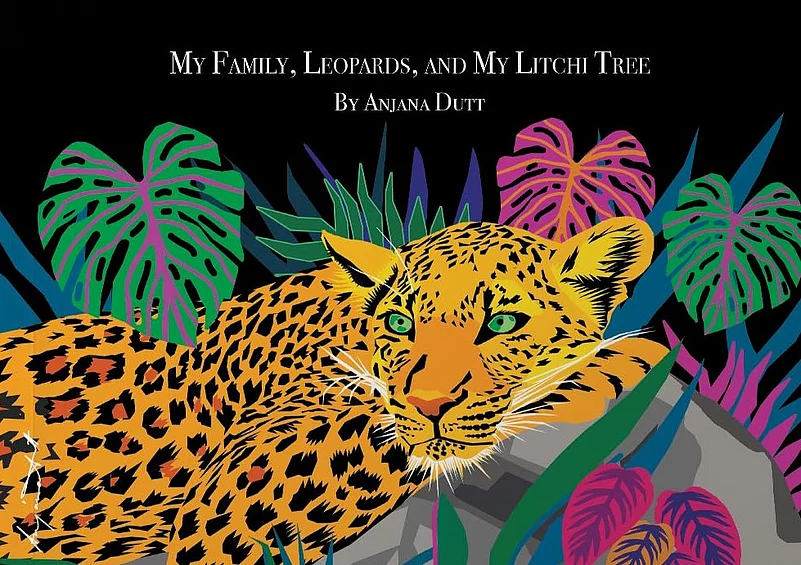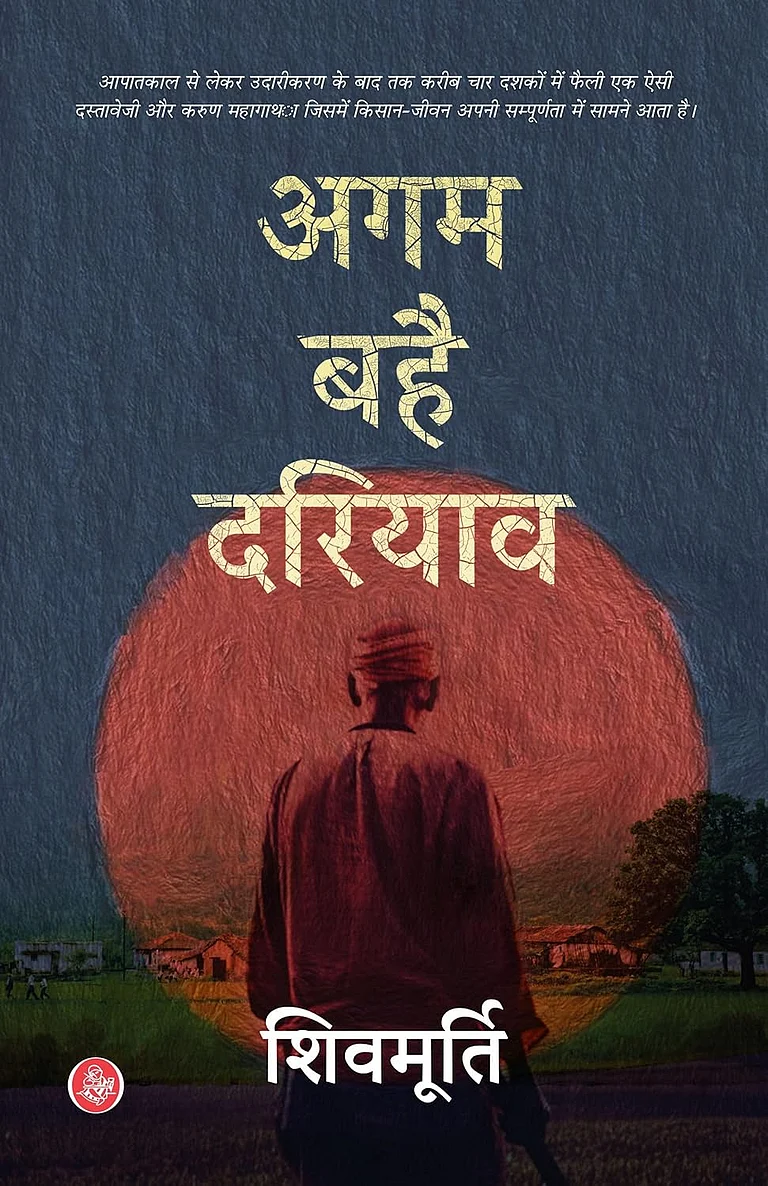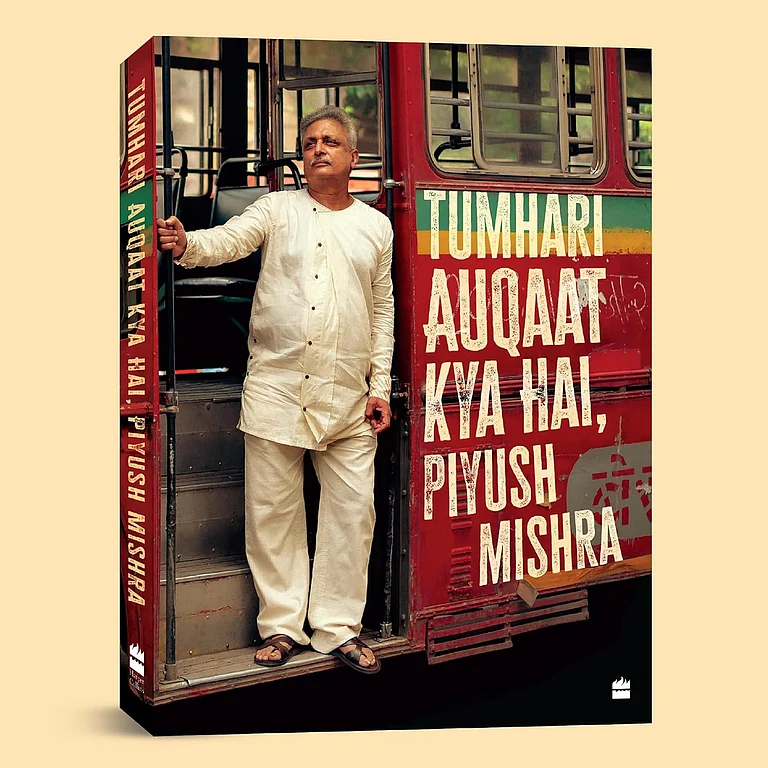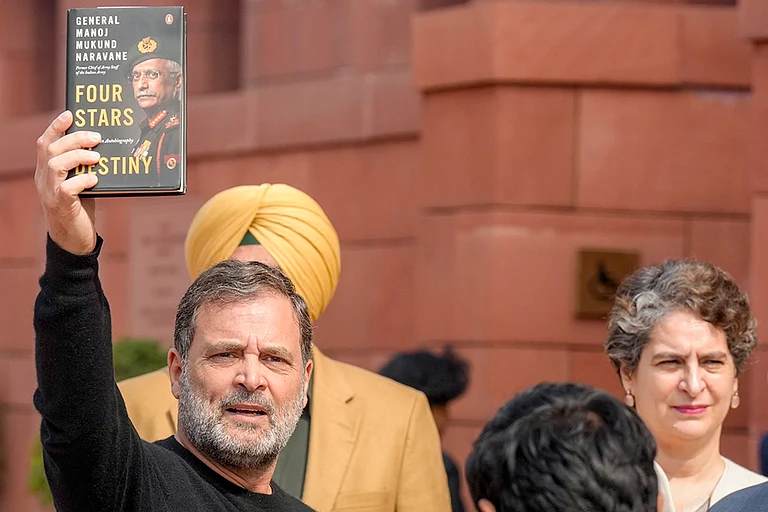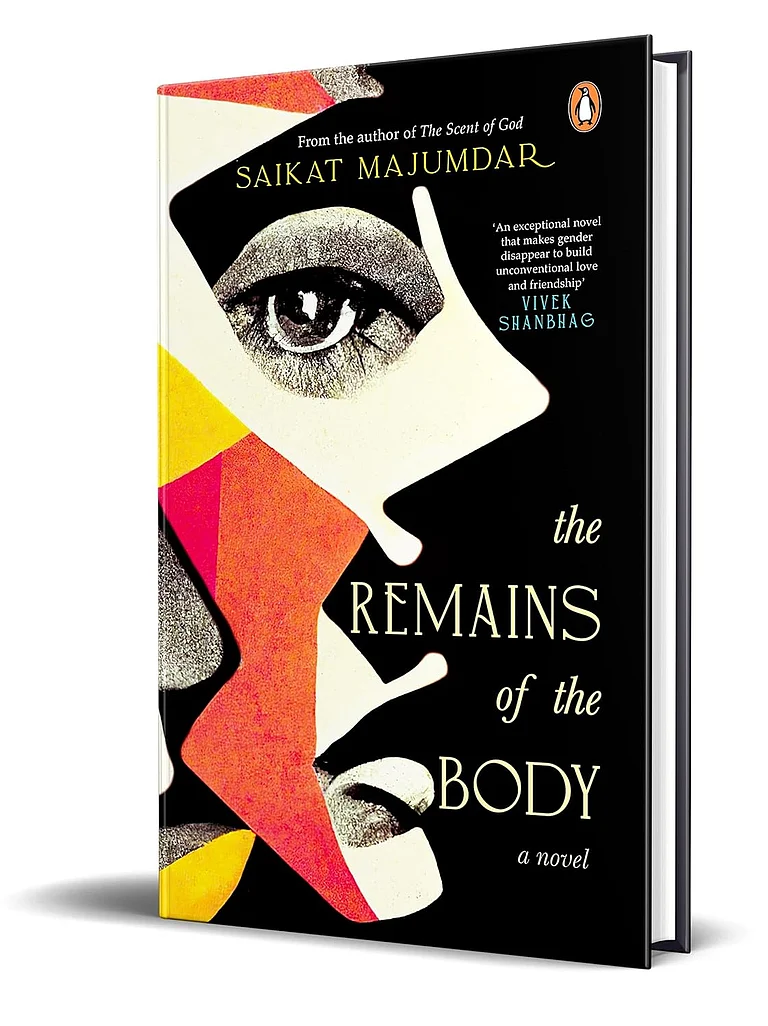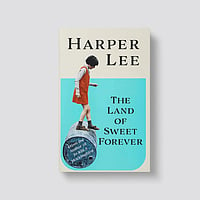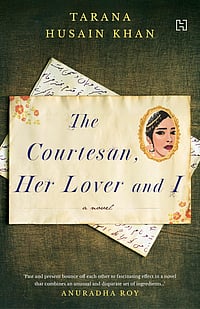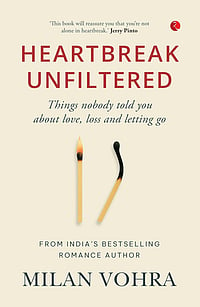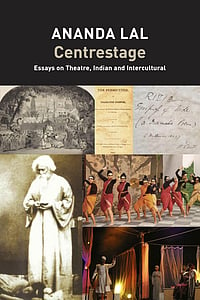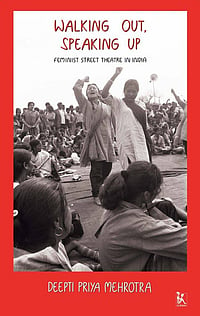Book: My Family, Leopards, and My Litchi Tree
Author: Anjana Dutt
Publication: Blue Rose
Memoirs are those steps back in time that take us to long forgotten days and relatives who may have passed on leaving legends or family stories behind them. Childhood in those long-ago days was different, there were no convenient solutions, television and other canned entertainment, not to mention the fast food that could be conjured out of a mobile phone. Mothers and grandmothers cooked, slaving in hot kitchens with domestics to help and chop and occasionally grandchildren to be taught secret recipes too – if they had the inclination.
Most Bengali bhadralok families owned out of town houses in Ranchi or Dehradun where they would go for family holidays accompanies by retainers, food and bundles of baggage. They began with train journeys or – if the house was in a nearby state, by car which gave children the added advantage of comfortable trips to nearby destinations. Nowadays people have farmhouses or go on vacays to luxurious resorts and the houses are not generously staffed by old family retainers who know exactly what is needed and when.
Anjana Dutt’s book is a listing of things that most of us have forgotten, Grandmothers wafting Chanel No 5 and jangling the household keys tied to their sari ends. Meat safes, China Grass puddings and the rituals of the different types of cuts for vegetables – though the latter is making a comeback as programmes like Master Chef make a global impact. These books are important in reviving a vanished way of life for those who have never experienced it - though in every case, the details are different - a certain Bengali way of life will resonate with those who have shared it as will the fact that in those times before climate changed people lived more closely with nature and houses had generous expanses of gardens and a plethora of blooming plants which were cherished by their owners.
Though we fancy globetrotting to be a twenty first century phenomenon, many families had globetrotting relatives who wandered to exotic locations taking more time about their travels in those not so jet set days. It was a world that was both more far flung and closer knit than it is these days, simply because the colonial hangover added a cosmopolitan note to everything with products from abroad available in local shops, many of which have vanished and been replaced by today’s multinational consumerism. Brands like Bengal Potteries and Waxpol, not to mention Dunlop, are no more and New Market is not the emporium that housed curiosities from across the world.
Dutt’s memories are very detailed especially when it comes to reed organs and sewing machines, she lists the old-fashioned mechanism and the elegant colours of the instruments. Colour, in fact, as with an artist, dominates, especially when it comes to the gardens and its flowers and fruit trees. There is a focus on gardening afternoons with grandmothers armed with khurpis and the descriptions return with different experiences and bouquets adorned with fine china and picnic hampers.
The Grand Trunk Road, the Botanical Gardens and a world of the Brahmo Samaj, to which Dutt’s family belongs add their own historical touches for those who have not ventured across the Howrah Bridge.
Embellished with colourful illustrations, My Family, the Leopard and My Litchi Tree has a My Family and Other Animals kind of impact though Dutt’s memoirs are restricted to a more close-knit atmosphere, not so many animals and a more elite bhadrolok atmosphere. The chapter titles are catchy, borrowing from the author's advertising background and summing up what the reader can expect. The point with a memoir is that it has to resonate with a wide range of readers – Deepti Naval’s In A Country Called Childhood was one such where the life of a someone who became a Bollywood star came together with a certain way of life. When a memoir does that, it is successful.
Things like patishapta and jibe goja may be unfamiliar to non-Bengali readers but there is a handy glossary at the back for times of doubt. The book will be popular with families who live on nostalgia, the thing Bengalis are famous for in not so happening times. This is a memoir that will actually go down well with young adults too, since it captures the author’s childhood and a world of parents and grandparents, not to mention school going goofs in a time of Irish nuns and strict discipline.






